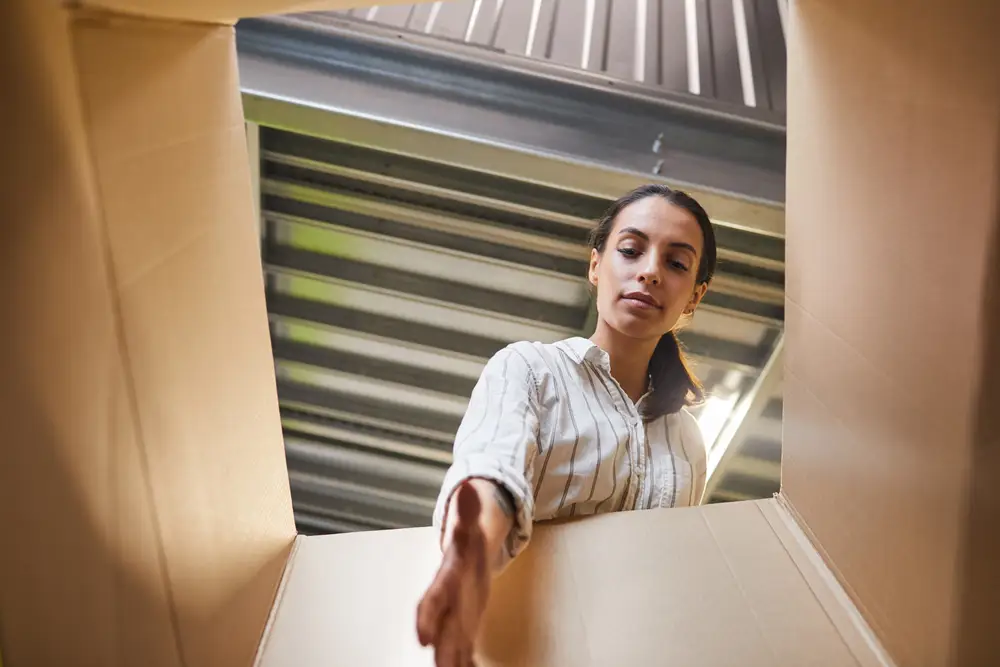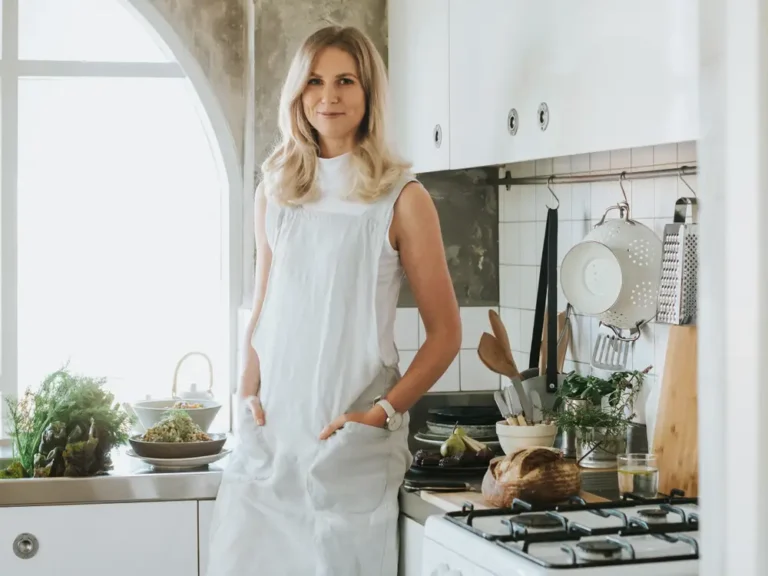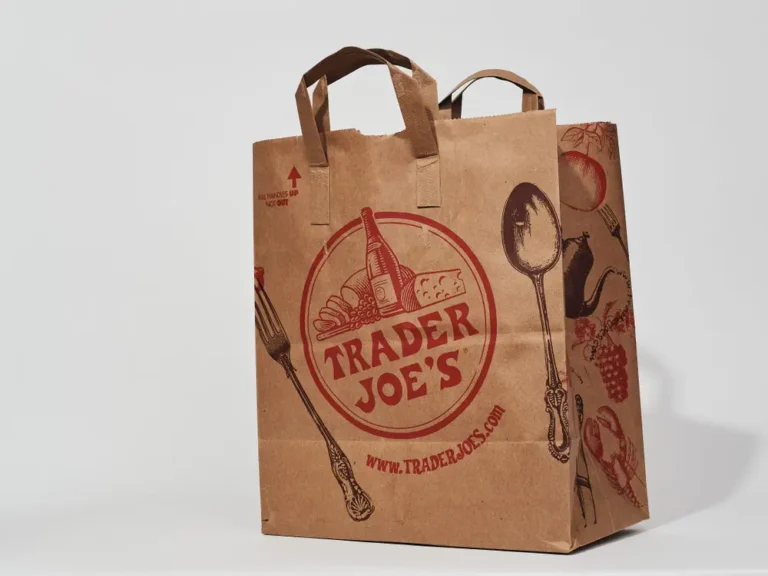I lost all my belongings in a storage unit fire after a break-up. It made me rethink my relationship with material things.

I wanted to understand our relationship to things.
I had just gotten home when my parents called me into the kitchen and gestured for me to sit down at the table.
I was in my mid-20s and had just gone through a bad break-up, and while I worked out what to do next, I was living out of a few suitcases at my parents’ house. It was not just me in limbo: my stuff was, too. All of it — furniture, sentimental stuff, books — was packed up in a storage unit. Or at least, it had been.
My mother sat down at the table across from me, drew in an awkward breath, and shut her eyes for a moment, as if to shield herself from the situation. “Darling, I’ve got some… some quite bad news. There’s been a fire. On New Year’s Eve, that storage unit, well…everything’s gone.”
I looked at her, unable to fully understand what she was saying. She slid her phone across the table. The screen showed a story on BBC News, with a headline reading “Self-storage destroyed in blaze.” I looked at the picture, and yes, that was it.
The building, a trove of a thousand people’s treasures, was now nothing more than a few blackened trunks of steel.
Losing my belongings in the fire felt like another heartbreak
Panic crept up my body, first deadening the sensations in my legs, then tightening my chest, before reaching up to clutch my throat until my head felt light and woozy. My life in suitcases was built on the fragile hope that that storage unit contained: that one day I would leave my parents’ house again, one day I wouldn’t feel so heartbroken, one day things would return to normal. It felt like the rug had been pulled out from under my feet again and again and again.
Without saying anything else, I went upstairs to my temporary room and laid down — on the single bed I had had as a child, not my adult double, which was now a pile of ashes.
Every time I tried to calm down, another item I had lost popped into my head, and tears started pricking again. Every single memento, every reminder of the past that I had ever owned, was gone. I had also lost all the practical stuff that I desperately needed: a table, a set of knives and forks, an ironing board. There was also a third category of things that I didn’t exactly need, but I really, really liked. The thick blanket I snuggled under on the sofa, the candlesticks I got out when guests came round. All of it, gone.
I called three friends that night. The first comforted me. The second was silent, unsure what to say. The third hyperventilated with me, at first sure that it was a joke, and then sure that it wasn’t.
I was grieving even though I didn’t identify my pain as grief in the moment
The pain changed over the following weeks and months. I didn’t realize it at the time, but I was grieving. One day, I was sitting at my desk at work when I suddenly thought about my coffee table. A few years before, I had hosted a dinner party where a dripping glass of red wine left a ring on its pale pine surface. There was something about that image — the homely familiarity of it, the cozy imperfection — that made me dash to the bathroom to cry in peace.
The strength of this heartbreak surprised me. It seemed rational to be upset about losing the most precious things that reminded me of the past, but a table with a ring on it? I couldn’t work out why exactly I felt so sentimental about it, especially when I had been annoyed about the stain at the time.
Occasionally, dark humor helped me to crawl out of the well. To start, there was the fact that the place had burned down on New Year’s Eve. “New year, new me!” I would joke, tears still in my eyes. I went round offering my spring-cleaning services to friends, telling them that I had found a very fast, yet very thorough, method to clear out stuff.
And also, I wondered if there was something fitting about the fact that the fire had happened a few months after my ex and I had broken up. Everything we had shared had gone up in smoke, literally! The past — cremated! Was I ready to let go of it all? Absolutely not. But it felt like fate, now, had forced me into getting over it.
It was clear that the stuff I had collected meant much more to me than its strict functionality. I was grieving for the loss of everything that came with it: security, memory, identity, home.
I wanted to understand my own, and other people’s, relationship to their stuff
Going through something extreme brought to light how confused and conflicted my feelings about my possessions were. And I’m not the only one. In the Western world, we seem to love and hate our stuff: We buy vast quantities of it, but much of it ends up in landfills shortly after. In the US, stuff abounds to such an extent that the average American throws 82 pounds of clothing into landfills every year — equivalent to around 262 T-shirts.
Stuff can also do strange things to our minds, warping our behavior in unpleasant ways. A website called Black Friday Death Count has counted 17 deaths and 125 injuries that have happened since 2006 in shopping centers on the day after Thanksgiving. But while sometimes we can get into actual fights over stuff, other times we are indifferent to it. A survey in the UK asked adults to list what they got for Christmas the prior year, and over half couldn’t remember a single thing they had received.
Now that I owned almost nothing, I started to think about where all my stuff had come from in the first place. It felt as if collecting stuff in a regimented way, based around life milestones, was the default thing to do. When you start school, you buy a backpack. When you get married, you buy a dress.
And on your birthday each year, you get a load of new stuff just to celebrate the fact that you’re still here. I had never consciously chosen to amass so much — I was just doing the same thing as everyone else.
I wanted to know why we are all doing this, so I made it my mission to find out.






